Overview
The peer commenting process allows students to review, comment and critique each other’s work. This allows an opportunity to critically engage with their own learning but also those of their peers in order to develop the social aspects of learning. Peer commenting requires students to reflect on their own practice, knowledge and skills but also exposes students to different perspectives, levels of understanding, methods of understanding and application of knowledge. Students can then be encouraged to reflect on their own work based on the comments made and reconcile them in regards to their own practice. This strategy can engage students in more scholarly practices and move them beyond sharing opinions as they start to engage with theory, literature and research to support their arguments. It opens the door to embed critical thinking practices into the subject.
Engagement
Developing student-to-student connections and discussions, and developing students’ ability to evaluate the work of peers in a supportive manner, is one of the main aims of peer commenting. A secondary benefit of peer commenting is that it encourages students to read each other’s work and identify valuable ideas and practices across different vocations. Research suggests that embedding peer practices in curricula may be the single factor that will make the biggest difference to student learning. Reviewing others’ work develops critical thinking and independence of judgement, reduces dependency on the teacher, and results in students generating feedback for themselves while they produce it for others (L.Gray and G. Ferrell, 2013)
In Practice
Subject
ACC222 External Reporting
Teaching Staff
Peir Woon
Motivation
Developing activities that encourage and facilitate student to student engagement, whilst also providing meaningful learning and self-assessment opportunities has been a challenge in a number of Accounting subjects.
A senior lecturer came across PeerWise and shared this free online tool with the rest of the Accounting lecturers, who have now embraced PeerWise in a number of Accounting subjects. PeerWise was created and hosted by Auckland University, and Charles Sturt University has an account. It allows teaching staff to set up multiple subject groups that student can join via a unique identification.
Implementation
As part of Assessment Item 1, with a 10% weighting, each student had to create a PeerWise account and locate the ACC222 subject group using the ID provided by the Subject Coordinator. The task as specified in the Subject Outline is as follows (for a student cohort of 80+ students):
Over the session you will need to create 5 multiple choice questions as well as answer, rate and comment on 50 questions. In designing your MCQs, you must indicate the topic your question relates to and address the learning outcomes of that topic. An explanation of the correct answer must also be provided. Within the explanation, the sources of information you used to develop the MCQ (e.g. textbooks, handbook, readings, etc) should be indicated. This will allow other students to further investigate the concepts covered in the MCQ.
Guide
Establishing guidelines and rules for the process of commenting or critiquing the work of other students is vital when using this strategy. For many students this many be their first experience of commenting/critiquing, therefore ensuring a positive and constructive outcome is essential. Make sure students understand to focus on critiquing the work not the person and always try to find something positive to end on.
Providing structure to the sequence, and nature of the tasks/comments can help guide students for the first few attempts.
Tools
Interact2 Blogs and Discussion boards are good options for basic tools for peer commenting. For more complex application you could try PeerWise or a cloud solution like Google Docs.
Additional Resources
Ferrell, G & Gray, L. (2013, December 4). Feedback and feedforward: Using technology to support students’ progression over time [Website]. Retrieved from https://www.jisc.ac.uk/guides/feedback-and-feed-forward
